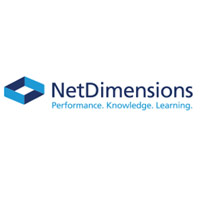A new model of global organization is coming to the fore. Traditional top-down hierarchies have been swept away in favor of agile and responsive ‘networks of teams’. These are virtual teams that are set up and disbanded as needed to create new products and services and meet fresh global challenges from new competitors.
The challenge organizations face is how best to build the skills base of individuals to optimize global virtual team working.
Deloitte has described this trend as ‘the rise of teams’. Many companies have already begun the move away from conventional functional structures – 92% of companies surveyed by Deloitte believe that redesigning the organization is ‘very important’ or ‘important’. Deloitte discovered that only 38% of all companies and 24% of large companies with more than 50,000 employees are organized function by function.
However, key to the success of contemporary, agile ways of working is ensuring that individual employees have the necessary skills for flexible working across borders.
e-Learning at the point of need
This is where virtual learning, a topic widely explained in the Speexx white paper ‘Making Good on the Promise of Virtual Learning’, comes in – e-Learning delivered at the point of need in the workflow.
An increasing number of organizations are developing virtual learning capabilities – 90% of respondents to the latest Speexx Exchange survey and the participants at the Speexx Exchange conference are now using e-Learning. Only 10% are not using e-Learning, compared with 19% of organizations describing themselves as new to e-Learning the previous year.

